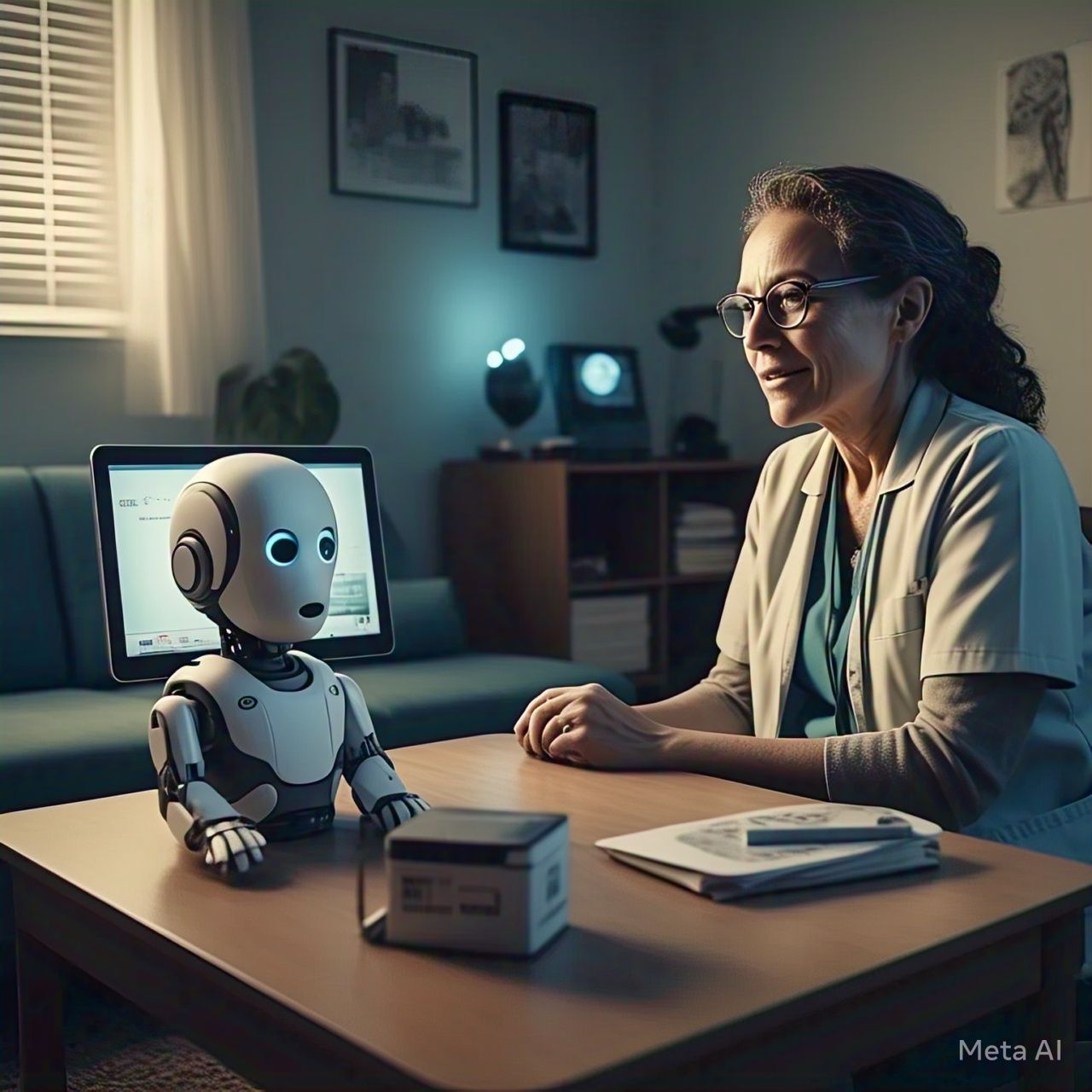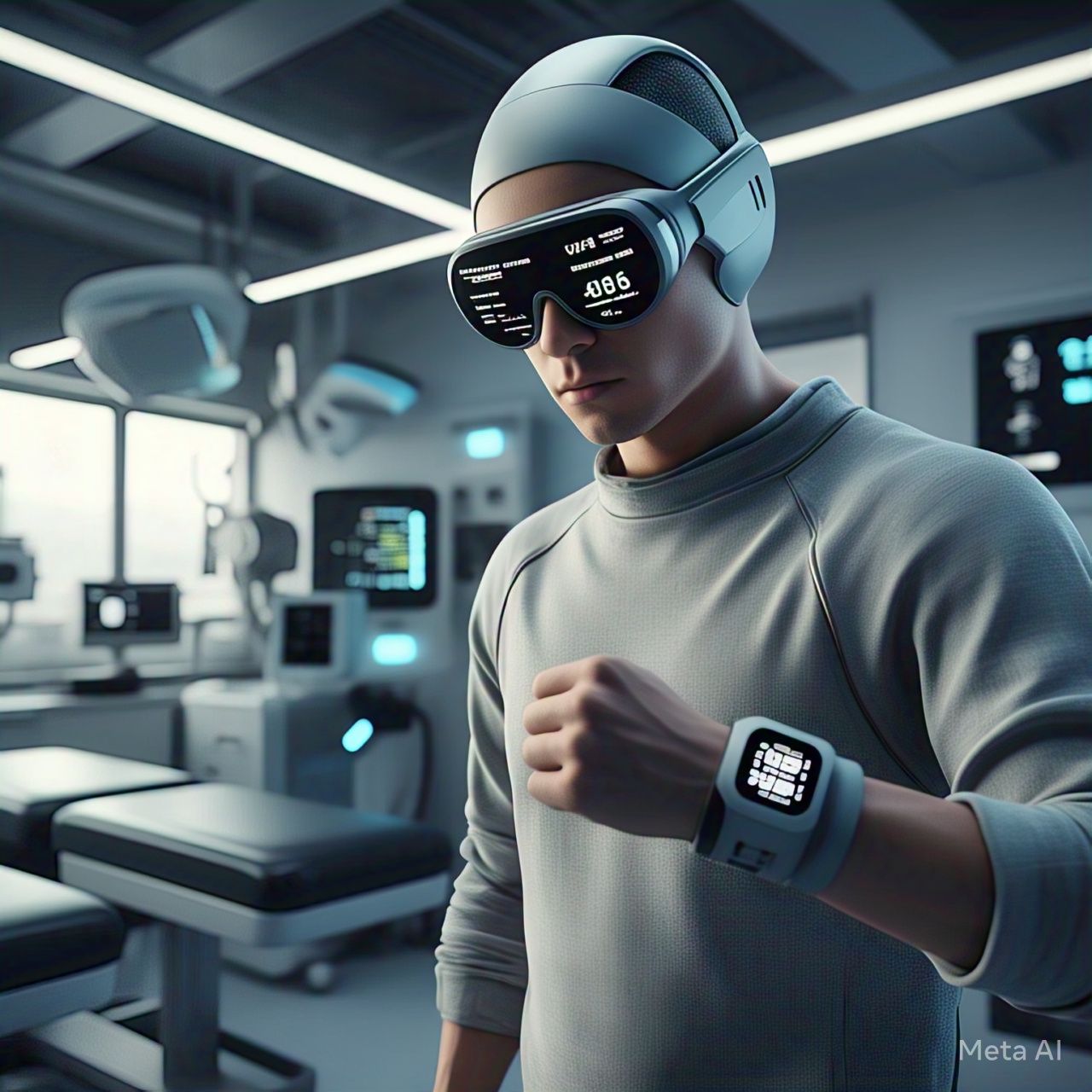Table of Contents
- Introduction
- Understanding AI in Mental Health
- How AI is Transforming Mental Health Therapy
- AI-Powered Chatbots and Virtual Therapists
- Predictive Analytics for Early Diagnosis
- AI-Driven Personalized Treatment Plans
- Sentiment Analysis and Emotional Recognition
- Remote Monitoring and Teletherapy
- Benefits of AI in Mental Health Therapy
- Challenges and Ethical Concerns
- Future of AI in Mental Health Care
- Conclusion
- FAQs
- Citations
Introduction
Mental health disorders affect millions of people worldwide, yet access to adequate care remains a significant challenge. Artificial Intelligence (AI) is playing a crucial role in bridging this gap, offering innovative solutions to improve diagnosis, treatment, and accessibility to mental health care. This article explores how AI is transforming mental health therapy, its benefits, challenges, and future potential.
Understanding AI in Mental Health
AI in mental health therapy involves the use of machine learning, natural language processing (NLP), and data analytics to assist mental health professionals in diagnosing, treating, and supporting patients. AI-driven tools include chatbots, predictive analytics, and virtual therapy platforms that enhance patient care.
How AI is Transforming Mental Health Therapy
1. AI-Powered Chatbots and Virtual Therapists
AI-driven chatbots like Woebot and Wysa provide 24/7 support, offering cognitive behavioral therapy (CBT) techniques to users experiencing stress, anxiety, and depression. These tools help bridge the gap for individuals who lack immediate access to human therapists.
2. Predictive Analytics for Early Diagnosis
AI analyzes patterns in speech, social media activity, and health records to detect early signs of mental health disorders such as depression, schizophrenia, and PTSD, allowing for earlier intervention and treatment.
3. AI-Driven Personalized Treatment Plans
AI customizes mental health treatments by analyzing patient data, therapy responses, and genetic information, ensuring that individuals receive the most effective interventions tailored to their needs.
4. Sentiment Analysis and Emotional Recognition
Using NLP and facial recognition, AI can assess a person’s tone of voice, word choice, and facial expressions to detect emotional distress, helping therapists refine their approach and intervention strategies.
5. Remote Monitoring and Teletherapy
AI-driven wearable devices and apps track physiological signals like heart rate and sleep patterns, helping mental health professionals monitor patients remotely and provide timely support.
| AI Applications in Mental Health | Benefits |
|---|---|
| AI Chatbots | 24/7 mental health support, affordability |
| Predictive Analytics | Early diagnosis, prevention of severe cases |
| Personalized Treatment Plans | Tailored interventions for better results |
| Sentiment Analysis | Enhanced emotional understanding in therapy |
| Remote Monitoring | Continuous patient care and crisis intervention |
Benefits of AI in Mental Health Therapy
- Increased Accessibility: AI provides support to those in remote areas or with limited access to mental health professionals.
- Cost-Effective Care: AI-driven therapy reduces the financial burden on patients and healthcare providers.
- Non-Judgmental Support: AI chatbots offer a stigma-free space for individuals to express their emotions.
- Improved Diagnostic Accuracy: AI analyzes vast amounts of data to detect early signs of mental health disorders.
- Enhanced Therapist Efficiency: AI assists professionals by automating assessments, allowing them to focus on patient care.
Challenges and Ethical Concerns
- Data Privacy and Security: Protecting sensitive mental health data from breaches is a major concern.
- Lack of Human Empathy: AI lacks the emotional intelligence and deep understanding that human therapists provide.
- Bias in AI Algorithms: AI models may inherit biases from training data, leading to disparities in mental health care.
- Regulatory and Legal Issues: There is a need for clear regulations governing AI use in mental health therapy.
Future of AI in Mental Health Care
- Integration with Virtual Reality (VR): AI-powered VR therapy could enhance exposure therapy for PTSD and anxiety disorders.
- AI-Powered Suicide Prevention: Predictive models could identify individuals at risk and provide timely interventions.
- Advanced NLP for More Human-Like Conversations: AI-driven chatbots will continue evolving to provide more empathetic responses.
- AI-Assisted Therapy Matching: AI could help match patients with the most suitable therapists based on compatibility and needs.
Conclusion
AI is revolutionizing mental health therapy by improving accessibility, early diagnosis, and personalized treatments. However, ethical considerations and the need for human empathy must be balanced as AI continues to evolve. The future of AI in mental health will likely involve hybrid models where technology enhances, rather than replaces, human therapy.
FAQs
1. Can AI replace human therapists?
No, AI can assist and enhance mental health therapy, but human empathy, judgment, and interpersonal connection remain irreplaceable.
2. Are AI chatbots effective in treating mental health conditions?
AI chatbots can provide immediate support and coping strategies, but they are not a replacement for professional therapy.
3. How does AI detect mental health disorders?
AI analyzes speech patterns, social media activity, and physiological data to identify early signs of mental health conditions.
4. Is AI-based mental health therapy safe?
While AI offers many benefits, concerns about data privacy, biases, and ethical considerations must be addressed to ensure safety.
5. What is the future of AI in mental health therapy?
AI will continue to enhance therapy through advanced NLP, predictive analytics, VR integration, and improved therapist-patient matching.
Citations
- Smith, J. (2023). The Role of AI in Mental Health Care: Innovations and Challenges. Journal of Digital Psychiatry.
- Johnson, R. (2022). AI-Powered Chatbots in Therapy: Opportunities and Limitations. Psychological AI Review.
- White, T. (2023). Ethical Concerns in AI-Driven Mental Health Support. Medical Ethics Journal.





